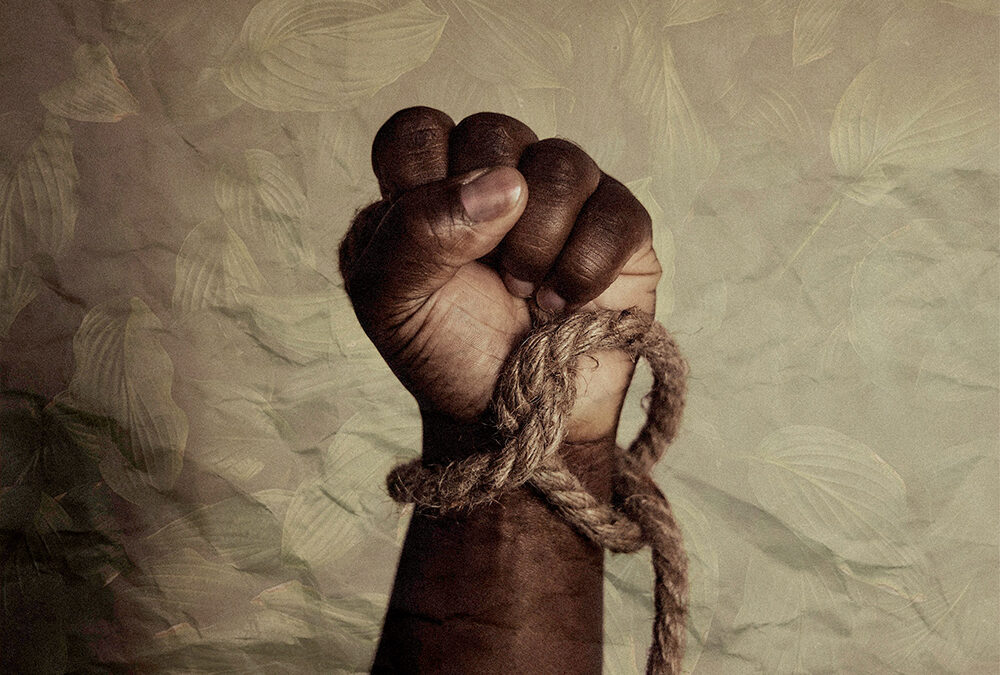June 19 marks a pivotal moment in American history, but it is often overlooked. Known as Juneteenth, the holiday commemorates the end of slavery in the United States and emphasizes education and achievement, according to Juneteenth.com.
The story behind Juneteenth
According to the National Museum of African American History and Culture (NMAAHC), on the night of Dec. 31, 1862 — known as “Freedom’s Eve” — enslaved and free African Americans gathered in churches and homes across the country, waiting for the confirmation that the Emancipation Proclamation would take effect at midnight. As the new year began, their prayers were answered, and enslaved people in the Confederate states were officially declared free.
In the months that followed, Union soldiers, many of them Black, marched into plantations and towns throughout the South, carrying and reading copies of the Emancipation Proclamation to spread the news of freedom.
However, not everyone in Confederate territory would immediately be free. Even though the Emancipation Proclamation took effect in 1863, it could not be implemented in places still under Confederate control. True abolition across the United States was not realized until the ratification of the 13th Amendment in 1865, the NMAAHC said.
In some regions, especially the westernmost Confederate state of Texas, freedom was delayed.
On June 19, 1865 — more than two years after the Emancipation Proclamation — approximately 2,000 Union troops arrived in Galveston Bay, Texas, and Union General Gordon Granger formally announced that the more than 250,000 enslaved Black people in the state were free by executive order.
That day became known as “Juneteenth,” a combination of “June” and “nineteenth.”
Why it still matters
While the Emancipation Proclamation was signed on Jan. 1, 1863, it didn’t instantly free all enslaved people. Slavery didn’t legally end throughout the entire country until the Civil War concluded and the 13th Amendment was passed in December 1865.
For generations, Juneteenth has been a cornerstone of Black cultural identity and resilience, especially in Texas and throughout the South. However, its national visibility grew significantly in the 21st century, particularly following the racial justice protests of 2020.
In 2021, President Joe Biden signed a bill officially recognizing Juneteenth as a federal holiday, according to the New York Times.
Now, Juneteenth is marked across the U.S. with parades, community gatherings, educational events and cultural performances. In many cities, it has become an opportunity to celebrate African American history, achievements and contributions to American society.
Juneteenth events in Atlantic and Cape May counties:
Luncheon with guest speaker ValLimar Jansen
Where: The Parish of Saint Monica’s Quaremba Hall, 15 N. Georgia Ave., Atlantic City
When: June 19, 11 a.m.
Juneteenth Atlantic City Boat Party – Celebration on the Water
Where: Gardner’s Basin, 800 North New Hampshire Avenue, Atlantic City
When: Thursday, June 19, 9 p.m. to midnight
Price: $25 entry fee
“My Grandmother Told Me: A Tribute to African American Women.”
Where: Chris Maloney Lecture Hall in the Ocean City Public Library
When: Friday, June 20 at 6 p.m.
Price: Free
What: The Ocean City Arts Center presents Debra Mims in a one-woman show.
Free documentary screening of “Whispers from the Forgotten”
Where: The Clemans Theater for the Arts, 717 Franklin Street, Cape May
When: June 22, 3 p.m.
What: The East Lynne Theater Company is hosting a free screening of “Whispers from the Forgotten,” a 33-minute documentary that explores the history of Union Bethel Civil Cemetery.


















